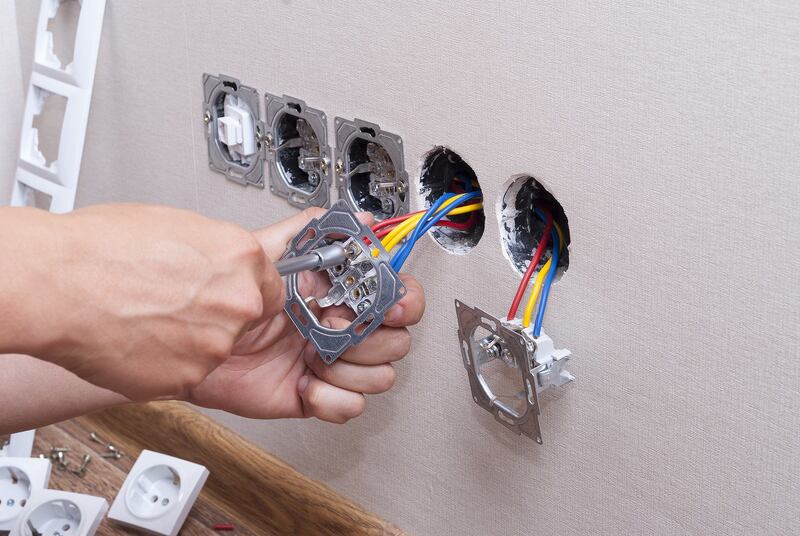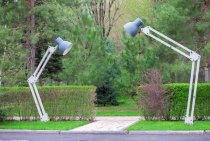Most Common Code Violations DIYers Make

August 19, 2025
Most Common Code Violations DIYers Make
There's a sense of accomplishment that comes with fixing things on your own. However, when it comes to electrical work, there's no room for shortcuts or guesswork. Unfortunately, many property owners who go the DIY route inadvertently stumble into code violations that compromise safety and functionality. At Neighborhood Electric, we offer professional electrical repair service for local clients, and we enjoy helping our customers stay safe. Here are five common code violations that DIYers frequently make and why it's important to stay compliant with current electrical codes.
Why Codes Are So Important in Electrical Repair
Electrical codes exist to ensure the safety of your home and its occupants. They are not arbitrary rules but rather the result of careful consideration and extensive testing. By following electrical codes, you can:
- Prevent electrical fires and shock hazards.
- Ensure the proper functioning of your electrical system.
- Maintain compliance with local regulations and insurance requirements.
- Protect your property and its value.
- Avoid costly repairs and emergencies.
Circuit Breakers
One of the most prevalent mistakes made by DIYers is the use of incorrect circuit breakers. It's easy to think that a higher amperage breaker can handle more electrical load, but this is a dangerous misconception. The circuit breaker's amperage rating must match the wire's capacity it protects. Using a breaker with a higher rating can lead to overheating and fires.
If you suspect that your circuit breaker is mismatched, consult with a licensed electrician to ensure your home's electrical system is safely configured.
Splicing Trouble
DIYers often attempt to save time and money by splicing wires together without proper techniques or materials. This can result in loose connections, exposed wires, and increased fire risk. Electrical tape and wire nuts are not always sufficient for secure splicing.
To ensure secure and safe splicing, consult with a professional electrician who can use approved methods and materials for your electrical connections.
Old Wiring
Many older homes have outdated wiring systems that do not meet current electrical codes. DIYers may not realize the hazards associated with these aging systems, which can include electrical fires, short circuits, and power outages. If you suspect your home has outdated wiring, it's important to have a licensed electrician assess and upgrade your electrical system to meet current safety standards.
Crowding
Stuffing too many wires into a small space can lead to overheating and increased fire risks. It's essential to ensure that electrical boxes are correctly sized to accommodate the wires and components within. If you find overcrowded electrical boxes in your home, contact a professional electrician to assess the situation and make the necessary adjustments for safety and compliance.
Service Panel Problems
The service panel, often referred to as the breaker box, is a vital component of your electrical system. DIYers may unintentionally crowd it with additional circuits or modifications, leading to overloaded circuits and potential electrical hazards. If you need to make changes or upgrades to your service panel, consult with a licensed electrician who can assess the capacity and make safe modifications.
Do You Need an Electrical Repair Service?
From incorrect circuit breakers to overcrowded electrical boxes, the potential for dangerous code violations is ever-present. When it comes to electrical work, safety should always be your top priority. Call the specialists at Neighborhood Electric. Our team of professional electricians is committed to ensuring that your electrical system is functional, efficient, and compliant with all relevant codes and regulations. Contact our office for more details or to schedule an upcoming appointment.








